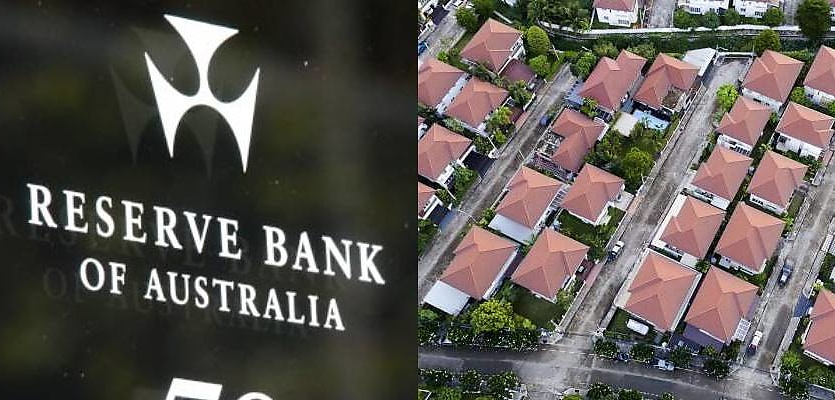The Reserve Bank of Australia (RBA) has revealed its decision on the August 2021 cash rate, as governments grapple to minimise the economic fallout caused by the COVID-19 Delta strain.
Continuing the recent record-low run, the official cash rate will once again remain at 0.1 of a percentage point.
CreditorWatch chief economist Harley Dale has weighed in on the central bank’s latest decision, stating it “comes as no surprise” as Australia contends with the economic fallout currently being caused by widespread lockdowns aimed at mitigating the spread of the Delta strain of COVID-19.
“The RBA clearly stands ready to maintain its stimulus support for the Australian economy, but they’ve effectively done all they can,” the chief economist conceded.
From his perspective, the dynamic of the Australian economy has changed substantially in the past month, but “the ball is now in the court of the federal government”.
“New South Wales businesses need ongoing financial assistance. After coming out of 2020 in a stable position, letting the state falter now risks demand, business investment and jobs for the entire Australian economy,” he warned.
Joint state and federal stimulus measures were boosted last week after it was revealed that the Greater Sydney lockdown would be extended by a further four weeks to 28 August.
The latest RBA decision comes after recent research was released that flagged property price growth as being less dependent on low interest rates than is commonly believed.
Analysis of cash rate changes by the Property Investment Professionals of Australia (PIPA) over the last two decades found growth is not necessarily dependent on low interest rates.
PIPA chair Peter Koulizos highlighted that “while the cost of borrowing has never been cheaper, when the cash rate is exceptionally low, it means that the economy needs some extra financial stimulation, which has been the case pretty much since the GFC way back in 2008 and beyond”.
While he acknowledges current market conditions as “unusual”, he said recent price rises are “predominantly due to extremely strong demand from buyers and a low supply of property for sale, rather than the fact that the cash rate is really only marginally lower than it was before the pandemic hit”.









You are not authorised to post comments.
Comments will undergo moderation before they get published.